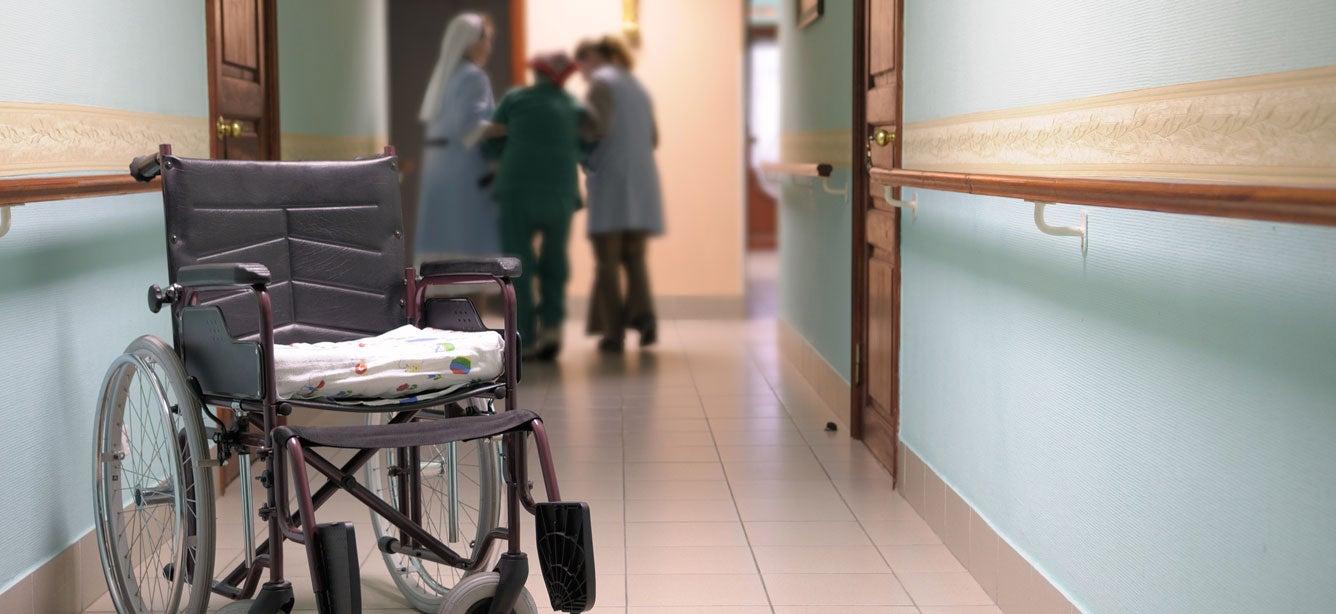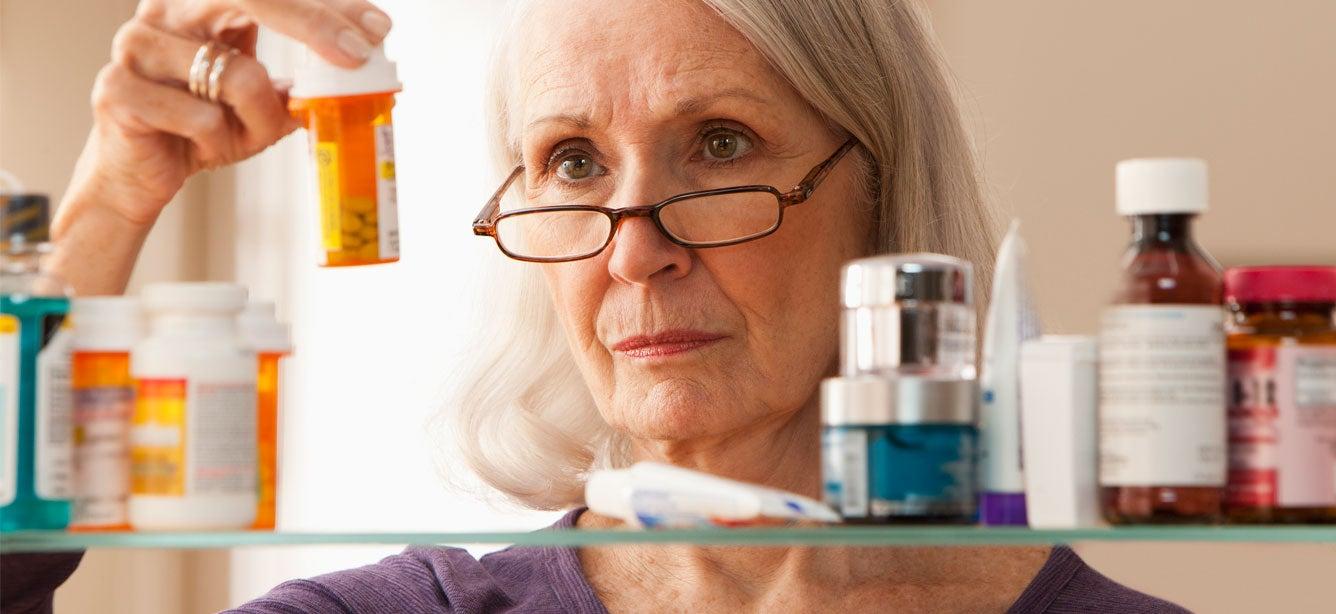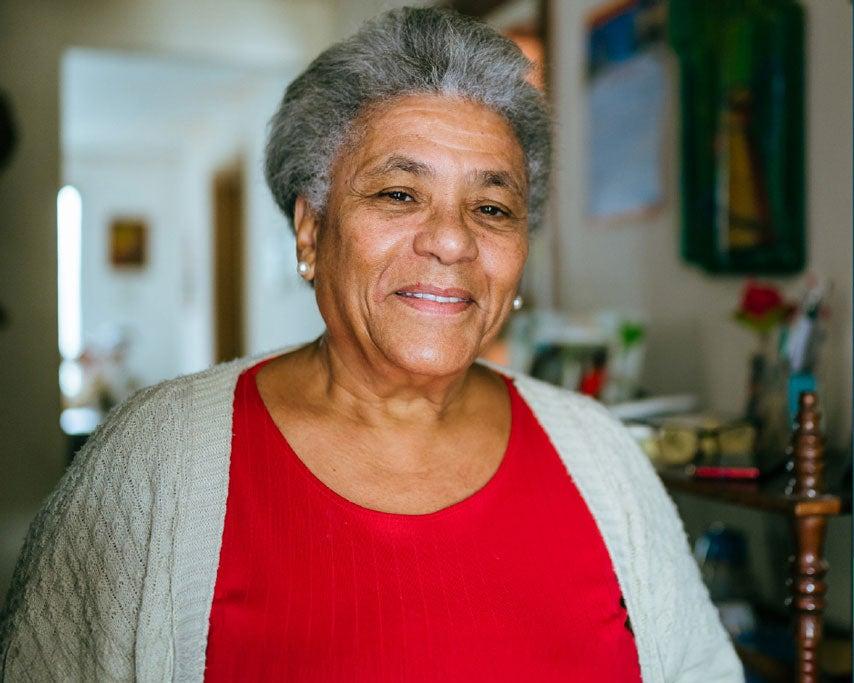Tips for Recovering After Being Hospitalized With Acute Illness
5 min read

Related Topics
If you're an older adult with a severe case of COVID-19, pneumonia, or other acute illness, an extended hospital stay is often the best way to get the treatment you need. When your condition improves, you’ll likely be eager to return to the comfort and familiarity of home. But being discharged from the hospital doesn’t mean you’re fully recovered. Rather, it’s just the next step in your healing journey.
What is an acute illness?
Unlike chronic conditions that develop gradually and progress over time, acute illnesses tend to have a sudden onset. They also typically have a short duration, whether it's a few weeks or several days. Acute illnesses are often, but not always, caused by a virus or infection. Symptoms of these conditions come on suddenly and resolve with treatment. Besides COVID-19, other examples of acute illness in older adults include influenza, asthma attack, and heart attack.
How long does it take to recover from COVID-19 or another acute illness?
COVID-19 survivors could face a long road to recovery, with many experiencing memory, nerve-related, muscular, mental health, and even speech issues for weeks or even months after hospital discharge. With serious cases of pneumonia, recovery time can range from 6 to 12 weeks. Older patients may find themselves struggling with fatigue and weakness, low appetite, and brain fog after returning home from the hospital.
A long hospital stay on its own can complicate recovery—a condition called post-hospital syndrome. Symptoms of this syndrome range from medication-induced side effects to disruptive changes in digestive and sleep patterns. Patients with COVID-19 and other lung diseases may experience a unique set of symptoms related to hospitalization. What are some of the effects of hospitalization due to COVID-19? They include severe weakness and exhaustion, memory problems, and even post-traumatic stress disorder (PTSD).
How can you ensure a smooth COVID recovery after hospitalization?
A general rule of thumb is that it takes one week to recover for each day you spend in the hospital. Below are some strategies to help you reduce stress after discharge and get on a clear path to recovery.
1. PLAN AHEAD
It’s good to have a recovery plan in place before you leave the hospital. That way, you can focus fully on your healing instead of worrying about what needs to be done. Make sure that caregivers and/or family members are part of the planning process. Here are some things to think about:
- Be sure to get written instructions on any medication schedule you’ll be following as well as specific guidelines on activity restrictions. If your doctor has prescribed physical or occupational therapy, make sure that these programs are set up in advance.
- Ask about any special equipment you may need at home while you regain your strength and mobility. This may include a wheelchair, cane, walker, oxygen tank, or spirometer to help strengthen your lungs. In some cases, you may also need modifications to your home—such as grab bars in the bathroom and wheelchair ramps. Talk to your healthcare team, the hospital’s discharge team, and your insurance provider to determine what’s covered under your plan and the best way to obtain the equipment you need.
- If you live alone, make arrangements ahead of time if you’ll need help with tasks like grocery shopping and meals, picking up prescriptions, personal care, pet care, and other everyday tasks. The discharge team at your hospital can help you coordinate caregivers, whether it's friends and family members or paid professionals. Your insurance may cover some of the costs of a home health aide or visiting nurse. If you decide to hire a paid caregiver, it’s a good idea to schedule the first visit before you’re discharged from the hospital.
2. CREATE A SAFE, COMFORTABLE HOME ENVIRONMENT
After an extended hospital stay, it may be some time before you regain your energy, balance, and coordination. To avoid trips, slips, and falls in your home, some smart precautions after COVID recovery include:
- Adding night lights to brighten dark areas, such as hallways.
- Sleeping in a bedroom that’s close to a bathroom. Your bed may need to be moved or added to the main level of your home to avoid stair-climbing. Consider upgrading your mattress to maximize comfort.
- Stashing essentials beside your bed or favorite chair to avoid having to make unnecessary trips—such as non-perishable snacks, tissues, water, books, magazines, a blanket, the remote control, and your phone.
- Considering upgrading to an adjustable bed.
- Wearing comfortable slippers or shoes with non-skid soles.
- Placing non-skid mats in bathrooms.
- Removing any clutter from the floors.
Be sure to ask your spouse or a friend or family member for help in preparing your home for your recovery.
3. STAY ENGAGED
When you’re dealing with COVID recovery after hospitalization, it’s easy to let socializing fall by the wayside. However, prolonged isolation can lead to feelings of depression. Instead, make an effort to keep in touch with those you love through email, phone calls, texts, or social media—or go the old-fashioned route and write letters. Sometimes, a funny or kindhearted note is enough to brighten your spirits when you’re not feeling well.
If you’re unable to reach out to others, stay connected with the outside world by reading the local newspaper or watching the TV news. Taking part in brain-stimulating activities like jigsaw puzzles, sudoku, or reading a good book can help keep your mind engaged and entertained as you heal.
4. KEEP MOVING
While rest is vital to a successful recovery after acute illness, lying in bed all day can cause muscle atrophy, reduced circulation, and weakness. In fact, for every week of staying in bed, you lose 1% of your muscle mass. You also lose 1% of your bone density, which can lead to brittle bones and a greater risk of fractures. In addition, spending too much time in bed can lead to painful bedsores and other issues.
To prevent this, start moving your body as soon as your doctor gives you the green light. If you’re working with a physical therapist, follow their recommendations for restarting activity. Begin slowly. Aim for daily movement, even if it’s just doing gentle exercises in bed or sitting upright in a chair. Spend as much time out of bed as you can. When you are able to, progress to taking short walks with a caregiver or friend.
Above all, stay in contact with your doctor throughout your post-hospitalization journey. Following their guidance for your recovery will help you heal faster from acute illness and get back to your normal life sooner.




